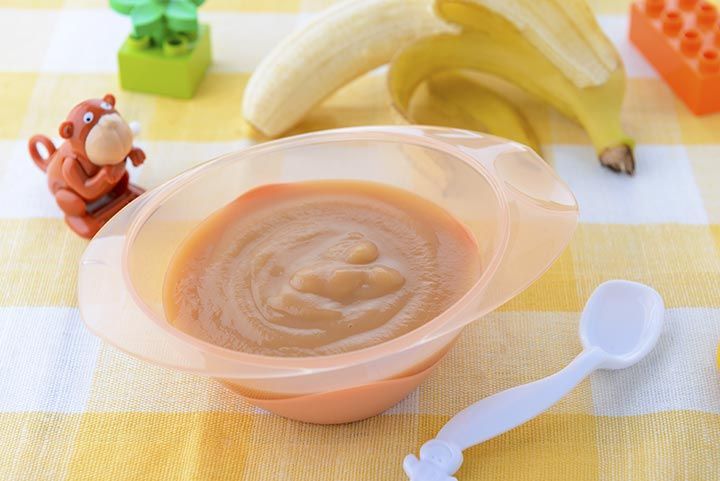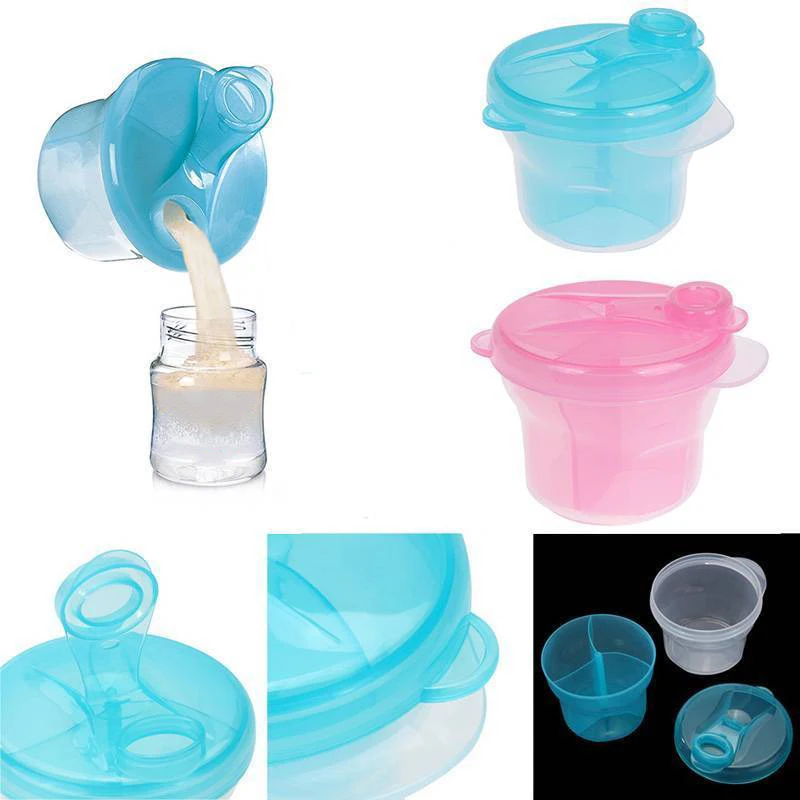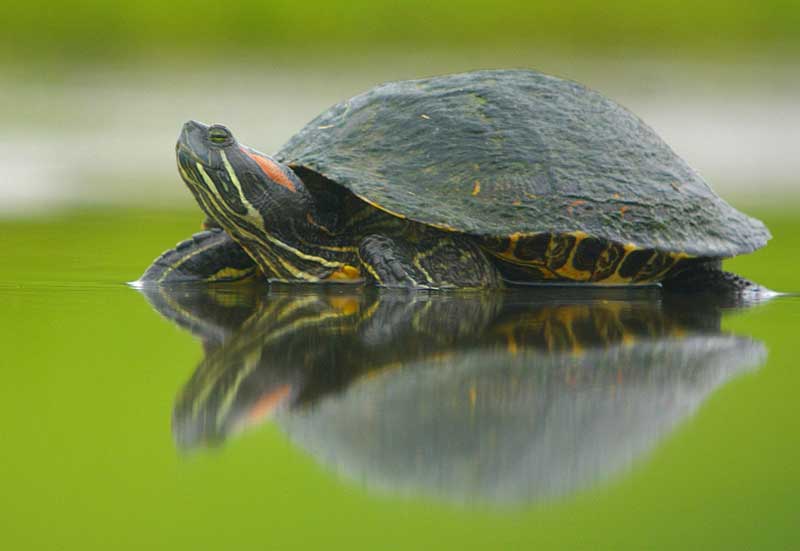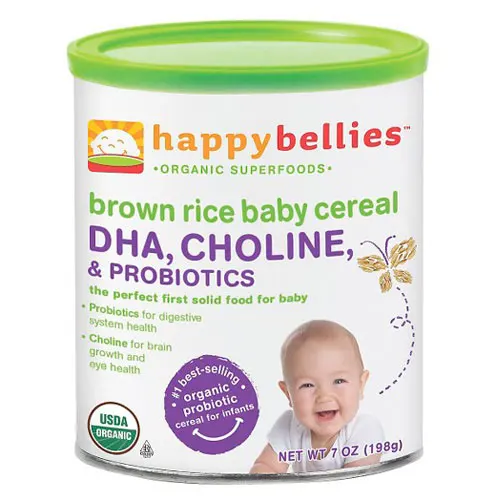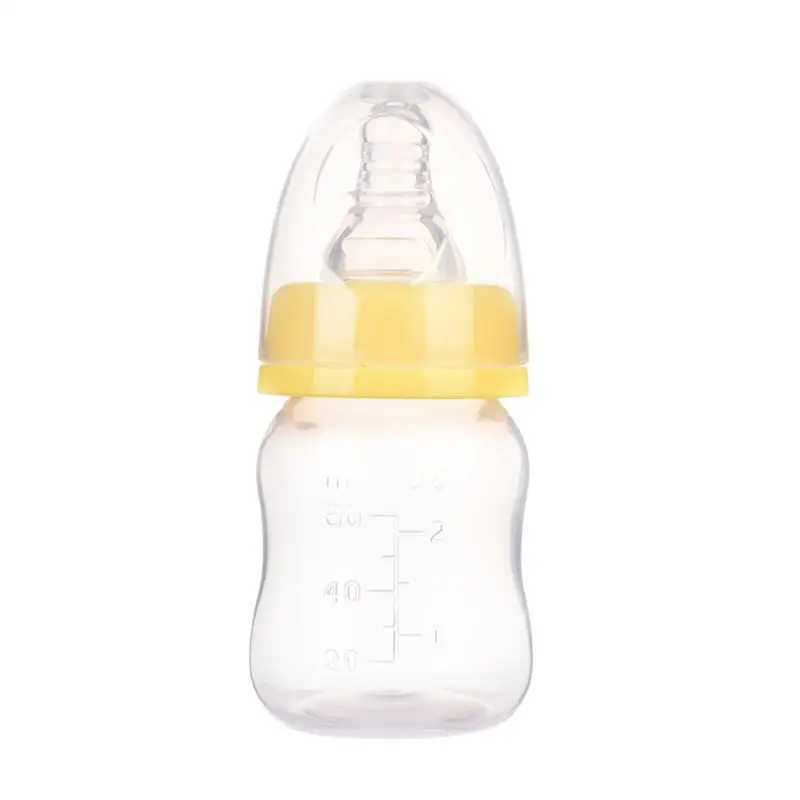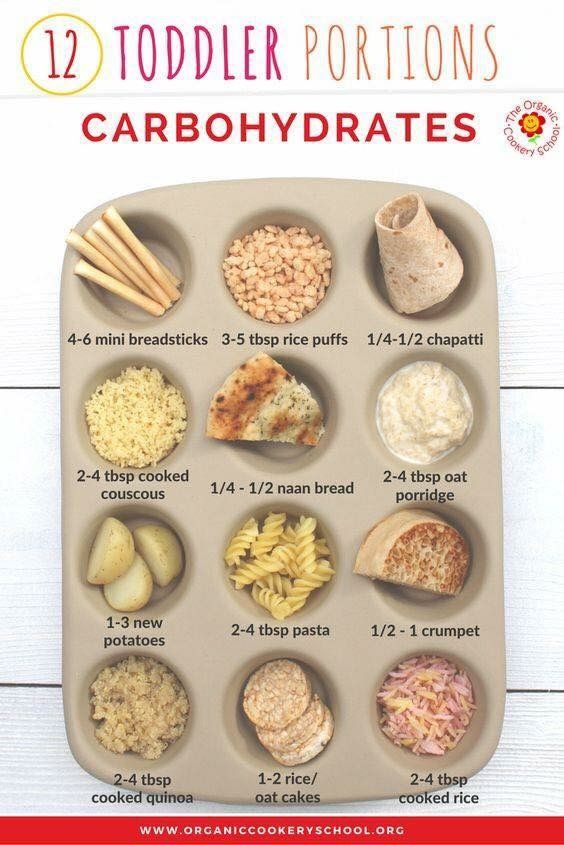When is it ok to feed baby eggs
When Babies Can Eat Eggs: Recommendations & Risks
If you’re starting your baby on solid foods, you might be thinking about what exactly they can eat and which foods are best for them. Fruit? Check! Vegetables? Check! Meats? Check! But when can babies have eggs? Eggs seem to inspire lots of questions, perhaps because we’re more aware of children’s allergies these days than ever before.
Read on to find out when it’s OK to offer eggs, why eggs have so many health benefits for babies specifically, and which methods of preparing and serving eggs are the safest for babies to eat.
When Can Babies Have Eggs?
One common question is how old babies need to be to eat eggs. You can introduce eggs to your baby around the same time you introduce solid foods, which is around 6 months old.
In the beginning, however, you’ll want to start with very soft or pureed foods (which can include whole grain infant cereals) before you progress to offering more textured foods.
Within two to three months after your little one starts eating solid foods, their expanded diet may include cereal, vegetables, fruits, eggs, and meats as well as breast milk or formula.
The Health Benefits of Eggs for Babies
Eating eggs (both the yolk and whites) has many health benefits, particularly for babies. One large egg (50 grams) contains
high-quality protein
70 calories
essential vitamins, minerals, and bioactive compounds
147 milligrams of choline
30 milligrams of docosahexaenoic acid (DHA).
Choline is a key nutrient that’s involved in many biological reactions that take place in the body. For infants it’s very important for brain development and function. The same goes for DHA, which plays an important role in infant growth and brain development.
How to Introduce Eggs to Your Baby
Around the time you’re introducing eggs to your infant, it’s important to offer soft, easy-to-swallow foods that will break down into small pieces in their mouth to prevent choking. Since infants don’t yet have teeth, or have very few teeth, they aren’t able to chew—instead they mash foods with their mouths.
Since infants don’t yet have teeth, or have very few teeth, they aren’t able to chew—instead they mash foods with their mouths.
So, how do you cook eggs for your baby’s first time?
When it comes to preparing eggs for your baby, offer eggs that are scrambled, hard-boiled, or poached (as long as the eggs are firm and fully cooked). And how should you feed your baby eggs? You’ll want to mash the eggs with a fork to make them easier for your baby to eat.
If you’re a follower of baby-led weaning (BLW), you could offer these same preparations for eggs cut into small, finger food-style pieces and give them to your baby to self-feed.
Should You Delay the Introduction of Eggs to Your Baby?
In the past medical experts have advised against introducing eggs to infants and babies early on for fear of allergic reactions. But more recently experts have found there’s no reason to delay the introduction of eggs or other potential food allergens like fish and peanuts.
Introducing eggs to your baby (after 6 months of age) doesn’t increase the risk of an egg allergy or sensitivity. Therefore, delaying the introduction of eggs to your baby isn’t necessary.
Which Egg Dishes Should You Avoid Giving Your Baby?
Though scrambled eggs, hard-boiled eggs, and poached eggs with firm yolks are fine, other methods of preparing eggs in which the yolks are runny and undercooked aren’t recommended for babies—and even adults—due to the risk of salmonella. These include soft-boiled eggs, fried eggs with runny yolks, and poached eggs with runny yolks.
Here are some tips for buying, handling, and cooking eggs safely:
Always buy eggs that are in the refrigerator section of your grocery store or supermarket and opt for pasteurized
Keep eggs in a refrigerator set to 40 degrees Fahrenheit
Throw out any eggs that appear dirty or cracked
Cook eggs until the whites and yolks are firm.
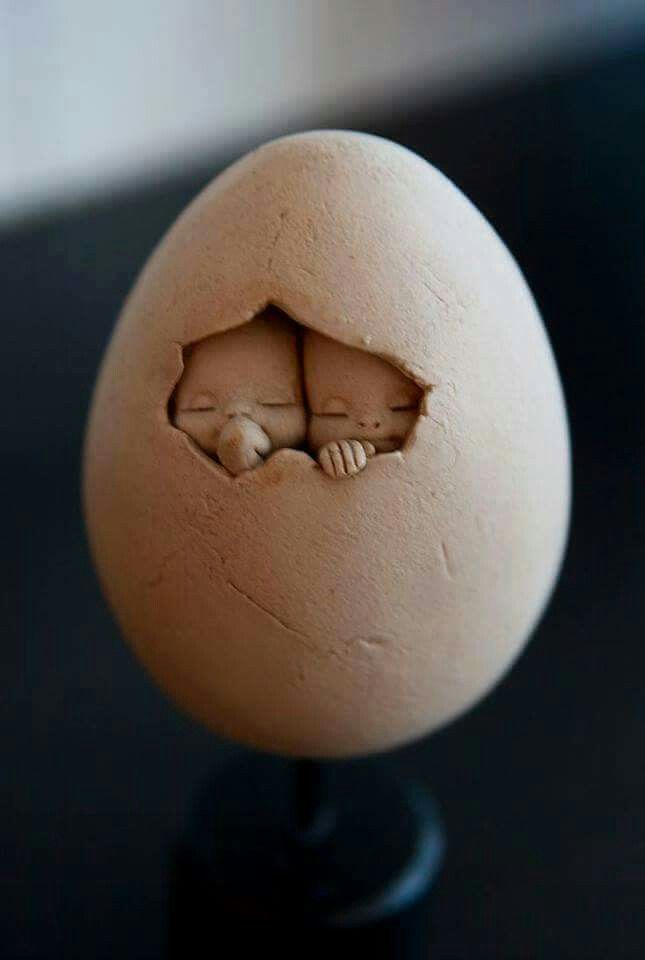
The Bottom Line
Eggs are a great source of protein and other nutrients that are integral to your child’s development. So, despite what has been said in the past, there’s no reason to delay the introduction of eggs to your infant for fear of them developing an egg allergy or sensitivity.
So, when can babies eat eggs? Start offering eggs around the same time you start your baby on solid foods, after 6 months of age. Your little one’s menu can begin with purees and very soft food (like infant cereal) and then expand to include more textured foods, such as eggs, fruits, vegetables, and meats.
Stick to preparations of eggs in which the yolks are fully cooked, such as hard-boiled, scrambled, and poached (with firm yolks). Avoid preparations that have runny yolks (soft-boiled eggs, fried eggs, and runny poached eggs) as there’s a risk of your baby contracting salmonella.
Starting on solid foods is an egg-citing time! Offering all different kinds of foods and watching your baby’s reactions will be priceless.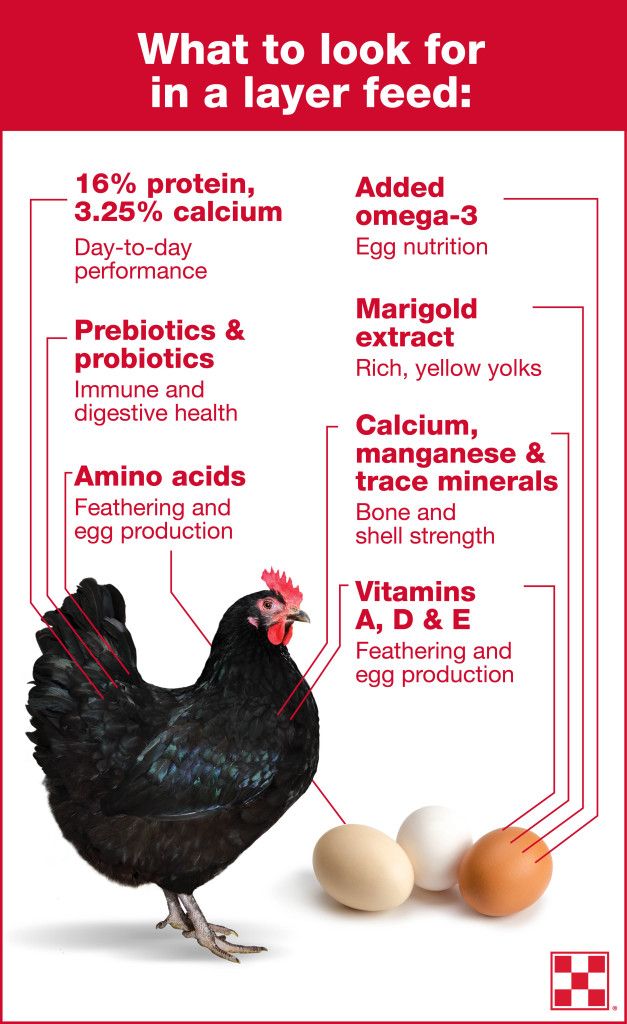
When babies can eat eggs and 4 other baby foods to introduce
Out with the old, in with the new! New parents may be curious about what to feed their babies — and when do it. When can babies eat eggs? Are avocados safe? How much should my baby eat?
White rice cereal is out, peanut butter oatmeal is in. Store-bought baby-food carrots are out, homemade organic kale puree is in. The list goes on and on.
Parents are also wary of packaged baby food after a report suggested some may contain dangerous levels of toxic metals.
But what foods can babies eat without worry? When making your own baby food, what should you serve? How do you know what to feed your 6-month-old?
Best food for babies
Here are my top five recommendations for what to feed your baby, and two foods to avoid.
Avocados
It’s not only trendy to start avocado as a first food; it’s also extremely healthy. Avocados are high in potassium, fiber, and healthy monounsaturated fats, which are good for hearts of all ages. You can puree or fork-mash a bit of avocado and offer your baby a small spoonful. Have the camera ready as you may get a funny face the first few times you offer it! Keep trying. She or he will eventually take to it. Around 8 or 9 months of age, diced pieces of avocado are fun for her to pick up, smash, and self-feed. My 1-year-old son loves pieces of avocado with scrambled eggs for breakfast.
You can puree or fork-mash a bit of avocado and offer your baby a small spoonful. Have the camera ready as you may get a funny face the first few times you offer it! Keep trying. She or he will eventually take to it. Around 8 or 9 months of age, diced pieces of avocado are fun for her to pick up, smash, and self-feed. My 1-year-old son loves pieces of avocado with scrambled eggs for breakfast.
Fish
Many kids and adults dislike fish because they didn’t get used to eating it as an infant. The oils in fatty fish are high in omega-3 fatty acids, which are extremely valuable for brain and eye development, and infants are growing big, fatty brains! Fish is also a great natural source of protein and contains vitamin D—a vitamin that most kids need more of. Salmon is definitely the most important and healthiest fish to feed infants and toddlers. It’s also low in mercury (compared to other fish).
Remember to thoroughly cook all fish. It’s perfectly fine to lightly season it so your whole family can enjoy. Initially, puree then fork-mash for your baby. You can add a little moisture with water, breast milk, or organic chicken or vegetable broth, if needed. At 7 months, my son loved his salmon mixed with pureed sweet potatoes. As your infant begins self-feeding, just break the salmon into tiny pieces and let him self-feed. Be careful to ensure there are no hidden fish bones, as even a tiny bone can be a potentially dangerous choking hazard for an infant.
Initially, puree then fork-mash for your baby. You can add a little moisture with water, breast milk, or organic chicken or vegetable broth, if needed. At 7 months, my son loved his salmon mixed with pureed sweet potatoes. As your infant begins self-feeding, just break the salmon into tiny pieces and let him self-feed. Be careful to ensure there are no hidden fish bones, as even a tiny bone can be a potentially dangerous choking hazard for an infant.
Nut butter
More and more research is demonstrating the importance of introducing nut products early and frequently to prevent nut allergies in children. One study showed that introducing peanut products as early as 4 to 6 months to high-risk infants dramatically decreased the chance that they would later develop a peanut allergy.
Please note: Parents should talk with their pediatricians about exactly when and how to give peanut products, experts say, especially if babies have eczema, which may put them at higher risk for developing a peanut allergy.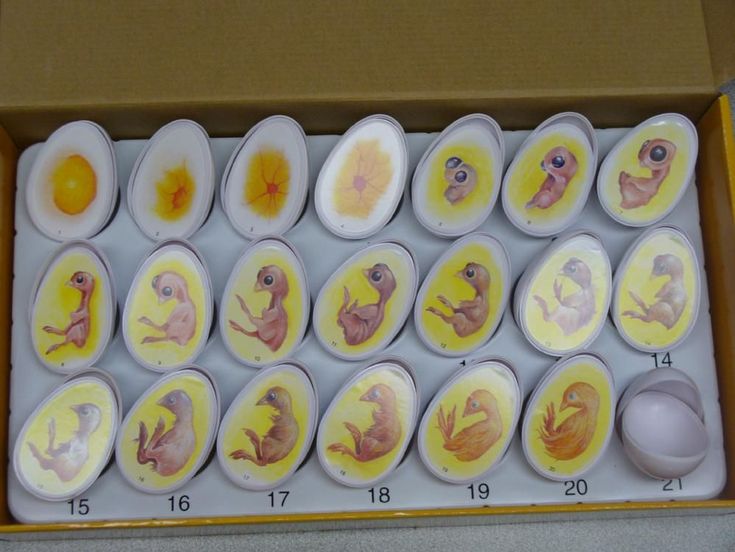
Once cleared, however, nut butters are delicious, healthy, and convenient. Nutrient-wise, they offer vegetarian protein, vitamin E, and healthy monounsaturated fats.
So, how exactly do you introduce peanut products to your 6-month-old? Consult with your pediatrician, first. If you get the go-ahead, peanut butter oatmeal is my favorite way. I like to melt one teaspoon of creamy peanut butter (choose one with only peanuts, no sugar!) into one ounce of baby whole-grain oatmeal, making sure the mixture isn’t too sticky and thick.
Around 8 months, you can start introducing creamy nut butter by itself, in an extremely thin layer, on either your finger or a spoon to lick off. Once your baby is self-feeding, you can spread a very thin layer on thinly sliced whole-grain bread, cut into tiny pieces, and observe as he picks them up and self-feeds. Sticky and fun!
Eggs
Eggs are a perfect single-ingredient food. Easy to prepare, they are a convenient and healthy source of protein, fat, and other nutrients such as biotin and iron, which are important for growth and a healthy body. Eggs are a top source of protein for children and are easy to make and serve. You can give your baby the entire egg (yolk and white), if your pediatrician recommends it.
Eggs are a top source of protein for children and are easy to make and serve. You can give your baby the entire egg (yolk and white), if your pediatrician recommends it.
Around 6 months, puree or mash one hard-boiled or scrambled egg and serve it to your baby. For a more liquid consistency, add breast milk or water. Around 8 months, scrambled egg pieces are a fantastic finger food. I even make a few ahead of time, keep them in the fridge and just reheat in the microwave for a fast and easy breakfast (or anytime) option for all ages.
Green Vegetables
Green veggies have almost every vitamin and mineral you can think of. People who eat green vegetables are linked with lower disease rates and a healthier weight. Calorie for calorie, leaf for leaf, deep dark greens such as kale, Swiss chard and spinach pack more nutrition than any other food.
Simply steam or boil, and then puree. Peas, green beans, zucchini, spinach, broccoli, and asparagus are especially easy to steam (or boil) and then puree, fork-mash or cut into tiny pieces. When you introduce green veggies around 6 months of age and continue offering them regularly, your infant will grow into a toddler and older child who loves green veggies and eats them often.
When you introduce green veggies around 6 months of age and continue offering them regularly, your infant will grow into a toddler and older child who loves green veggies and eats them often.
Foods to avoid giving babies
White rice cereal
For years white rice cereal was recommended as the first food for baby. But there’s little protein, no fiber, and no flavor, and it simply primes young palates for a lifetime of eating white carbs. Yes, it has iron and zinc, but we now know that meat is a better early source of iron for babies. I’m recommending tossing the white rice cereal in favor of other whole foods as the first solid food that your baby tastes.
If you do choose to give your baby infant cereal, chose brown over white options: They are more nutritious, and they get your infant used to the taste of whole grains. Try brown rice, oatmeal (with peanut butter or fresh fruit) or quinoa.
Juice
During my residency at UCLA, one of the most common questions I was asked was, “When can I give my baby juice?”
Maybe it was a sign of the times or maybe it was the patient population, but my answer was always, “Never. ” Even diluted juice only gets infants used to the taste of sweet beverages. And 100% fruit juice contains no fiber, so it's not a substitute for fresh whole fruit.
” Even diluted juice only gets infants used to the taste of sweet beverages. And 100% fruit juice contains no fiber, so it's not a substitute for fresh whole fruit.
What’s a better beverage for infants to drink (other than breast milk and/or formula)? Water! Start your baby on sips of plain water around 6 months of age. Babies that drink water grow into toddlers and children who drink water. That’s a healthy habit for life!
This story was originally published in 2016 and has been updated.
When can you give your baby an egg
Reviewer Kovtun Tatiana Anatolievna
45804 views
November 02, 2021
What do adults usually eat for breakfast? Omelet, scrambled eggs, porridge, muesli, casseroles, cheesecakes, sandwiches.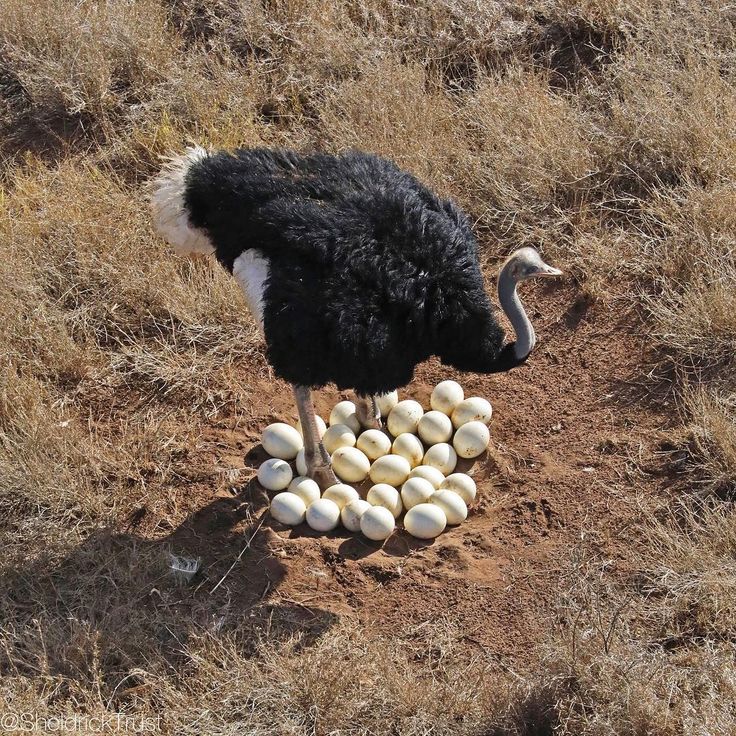 .. There are more than enough options. And if a baby gets acquainted with grain products already at the age of 4 to 6 months, then the question of when and how to acquaint a baby with an egg is a burning one for mothers of grown-up babies.
.. There are more than enough options. And if a baby gets acquainted with grain products already at the age of 4 to 6 months, then the question of when and how to acquaint a baby with an egg is a burning one for mothers of grown-up babies.
The yolk contains lecithin, necessary for the normal functioning of the nervous system, metabolism, as well as a large amount of nutrients. Egg whites also provide many benefits. When can you give your child these foods?
How to give a baby yolk for the first time
The first acquaintance of the baby with the egg begins with the yolk. Pediatricians are advised to introduce him to the baby already at the age of 7 months. If the child has a predisposition to allergies, then the introduction of this product into the diet should be discussed with a specialist.
Start feeding with an egg with ¼ pcs. hard-boiled yolk. And be sure to monitor the reaction of the crumbs. By 8 months, it is recommended to increase the amount of the product to ½ pcs.
How to give your baby protein for the first time
Egg protein is almost completely absorbed by the body, but it can be allergenic. Therefore, when including it in the diet of a child, you should additionally consult with a specialist.
Complementary Feeding Restrictions
Do not introduce an egg or any other food item into your baby's diet if the baby is unwell, teething or vaccinations are planned.
There is no significant difference between chicken and quail eggs in terms of nutritional value.
How to cook an egg for a baby
Eggs should only be offered hard-boiled, and for older children also in the form of a steam omelette, which can also be supplemented with various vegetables. You can cook together, for example, beat an omelet with a whisk and have fun.
What eggs should not be given to children
Babies should not be given waterfowl eggs. In addition, it is strictly forbidden to give undercooked eggs. Soft-boiled and bagged eggs can be hazardous to health. Therefore, it is necessary to make sure that the egg is cooked, and the omelette is well steamed.
Soft-boiled and bagged eggs can be hazardous to health. Therefore, it is necessary to make sure that the egg is cooked, and the omelette is well steamed.
Reviewer Kovtun Tatiana Anatolievna
Scientific adviser to PROGRESS JSC, Candidate of Medical Sciences
All expert articles
At what age can you give an egg to a child and how to properly introduce yolk and protein into complementary foods
When can you start giving an egg to a child
How to feed an egg to a child
How to choose a variety and what you can find out by labeling
What is better to give - protein or yolk
How to cook eggs for children
An egg is a unique product, its biological value can hardly be overestimated. The yolk is especially valuable. It contains a lot of useful substances.
- Fats - please, and even in a well-digestible form, as many proteins as you like, and full-fledged amino acids.
- Minerals - in the widest range, trace elements - the richest composition.
- There are as many as 12 vitamins in the yolk. And among them, vitamin D is very important for every small child. There is also a lot of vitamin A in the yolk, besides, it is in an active state. There is also vitamin E (tocopherol), called a superfood because of its antioxidant properties. Yolks are rich in B vitamins, especially B1, B2, PP and B9 (folic acid).
- Choline is a vitamin-like substance important for brain development and memory formation. It improves the functioning of the liver, helping it to remove everything harmful from the body, including drugs, when they have already done their useful work.
- Calcium, phosphorus, as well as iron, iodine, copper and cobalt. These substances are also included.
If the egg is so useful, then why not introduce it into complementary foods at least from the age of six months? There are good reasons for this.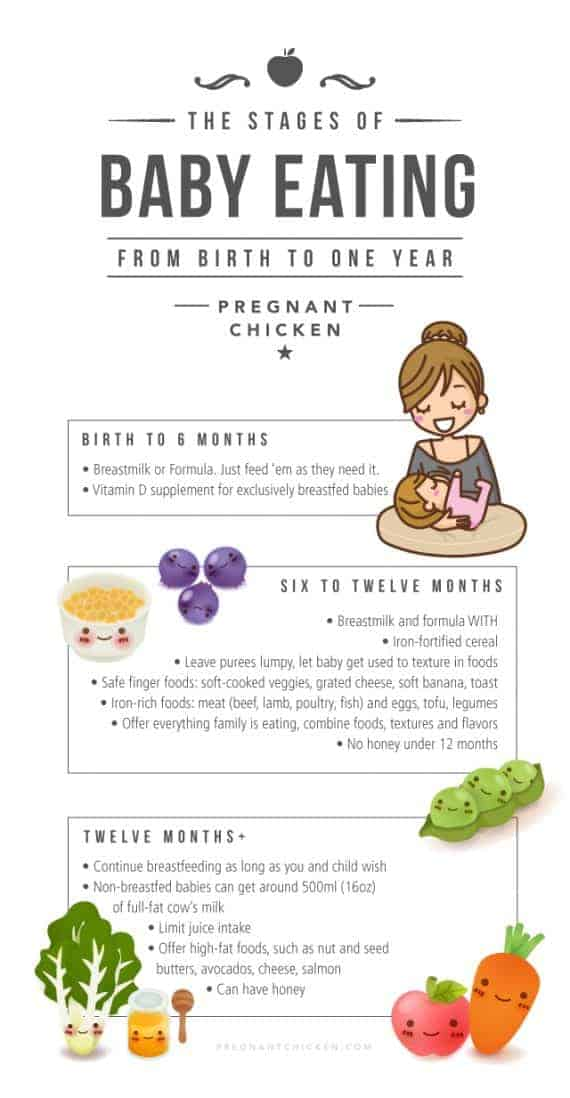
Scientific research and experience of domestic pediatricians have shown that too early introduction of the yolk is fraught with the development of allergic reactions in children. The allergenicity of the egg itself is quite high. Plus, the biochemical composition of eggs has changed in recent years. When raising chickens, various pharmaceutical preparations are widely used in order to preserve the number of birds kept in cramped and overcrowded conditions.
Do not miss
-
Do not miss
7 rules that will help feed any child
So when can you give your child an egg? Pediatricians recommend doing this no earlier than eight months. At this age, the body is formed to take this product.
To reduce the risk of allergies, it is better to use quail egg yolks for feeding at first, which cause allergies much less often than chicken ones.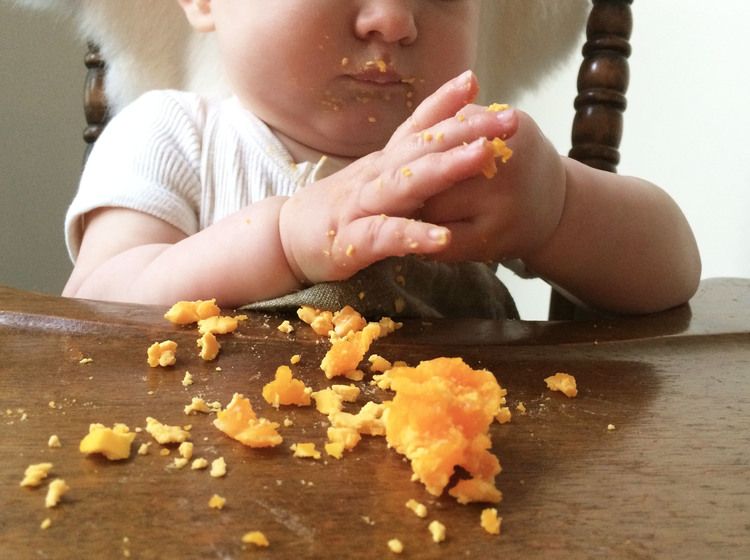 Hard boiled eggs further reduce the yolk's ability to cause allergies.
Hard boiled eggs further reduce the yolk's ability to cause allergies.
The yolk of a hard-boiled chicken egg is given to children with a small piece pounded in a spoonful of breast milk. Gradually, portions are brought to a quarter of the yolk, and after another 8–10 days, to half. On average, half a yolk per day (four eggs per week) is enough for a child up to almost a year old. Quail egg yolks will need 8-10 per week.
Pureed egg yolk can be added to vegetable purees and soups. Mixing the yolk with porridge is not worth it; protein dishes are better combined with vegetables. A whole egg can be given to children from the age of one.
- The first character indicates the allowed storage period.
- The letter "D" means "dietary" with a shelf life of seven days. In past years, three-day eggs were considered dietary.
- The letter "C" is a "table" egg, it is sold within 25 days. These eggs are not suitable for baby food. The fact is that during long-term storage, the fats and proteins of the egg partially change their structure, undergo decay into substances that are not indifferent to the children's liver.
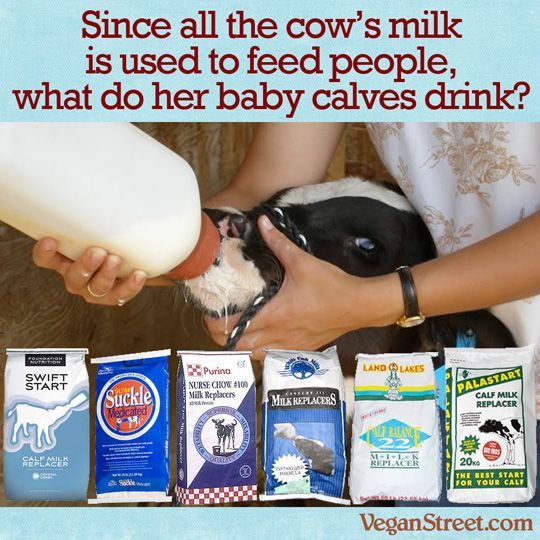
Do not miss
-
Do not miss
7 mistakes you make in the first year of raising a child
- The second marking mark is tied to the weight of the egg: category "3" - from 35 to 45 g, "2" - from 45 to 55 g, "1" (first category) - from 55 to 65 g and "O" ( selected egg) - from 65 to 75 g. The letters "SV" are placed on table eggs of the highest category, and "D1" - on dietary eggs of the first category.
- There are difficulties with the shelf life of quail eggs. A child can cook quail eggs laid no more than seven days ago, and in stores their expiration dates have been extended to 60 days.
The answer to the question of when you can give an egg yolk to a child is obvious: from eight months, when this product is introduced into the diet. But when can you give your child egg white?
Do not do this, and not only because of the danger of salmonellosis or other infections.

